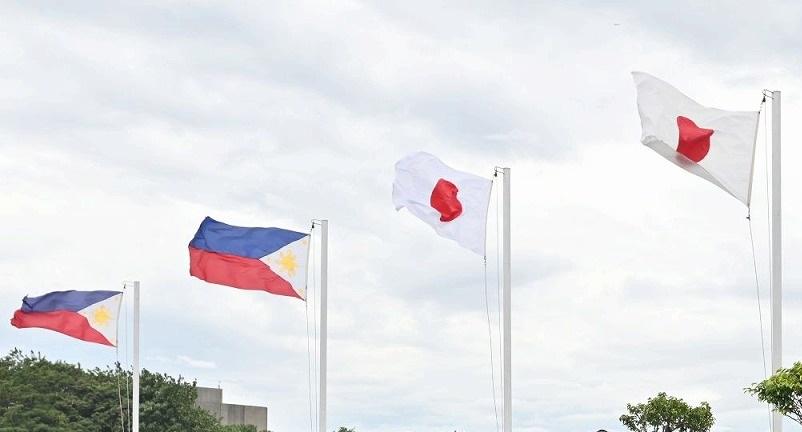Japan foreign minister to visit Manila on Jan. 14-15, 2025

Japan Foreign Minister Takeshi Iwaya will be in the country next week for an official visit aimed at bolstering Tokyo's commitment to its strategic partnership with the Philippines amid an "increasingly complex security environment," the Department of Foreign Affairs (DFA) said Friday.
Iwaya this week met with US Secretary of State Antony Blinken in Tokyo where they discussed China's "dangerous and destabilizing behavior" in the South China Sea, including the repeated blocking and harassment of Philippine vessels from operating within the Philippines' exclusive economic zone.
Both officials said China's behavior "threatens the freedoms of navigation and overflight of all nations."
This will be Iwaya's first visit to Manila as foreign minister since assuming the post in November last year.
His visit to the Philippines from January 14 to 15, 2025 is upon the invitation of his Philippine counterpart, Enrique Manalo, the DFA said.
"Secretary Manalo and Foreign Minister Iwaya will hold a bilateral meeting to discuss political, defense, security, economic and development cooperation, as well as other areas of mutual concern," a DFA statement said.
The two top diplomats, it added, would exchange views on regional and international developments and reaffirm the mutual commitment to further enhancing their Strengthened Strategic Partnership "amidst an increasingly complex security environment" and "seize new opportunities for cooperation."
The Philippines and Japan signed a key defense pact, called Reciprocal Access Agreement (RAA), which allows the deployment and access of Japanese forces for joint exercises with Filipino counterparts in the country as both Asian nations face an increasingly aggressive China.
Last month, the Philippine Senate approved the resolution concurring with the ratification of the RAA, with 19 votes in favor, none against, and no abstention.
Japan and the Philippines are establishing closer security ties in reaction to China's aggressive territorial assertions.
China and Japan are also locked in a long-running territorial dispute over the Senkaku islands, which the Chinese call Diaoyu, in the East Sea.
A vital trading and shipping lane, the South China Sea, dotted with rocks, shoals and reefs where rich oil and mineral deposits were found, are claimed in part or in whole by the Philippines, China, Vietnam, Malaysia, Brunei, and Taiwan.
Manila largely won a landmark case against China’s massive claim in the South China Sea before an arbitration tribunal in The Hague, Netherlands, but Beijing does not recognize the ruling. — VDV, GMA Integrated News




